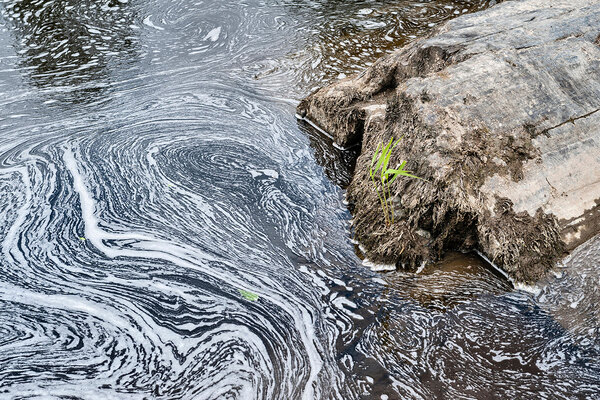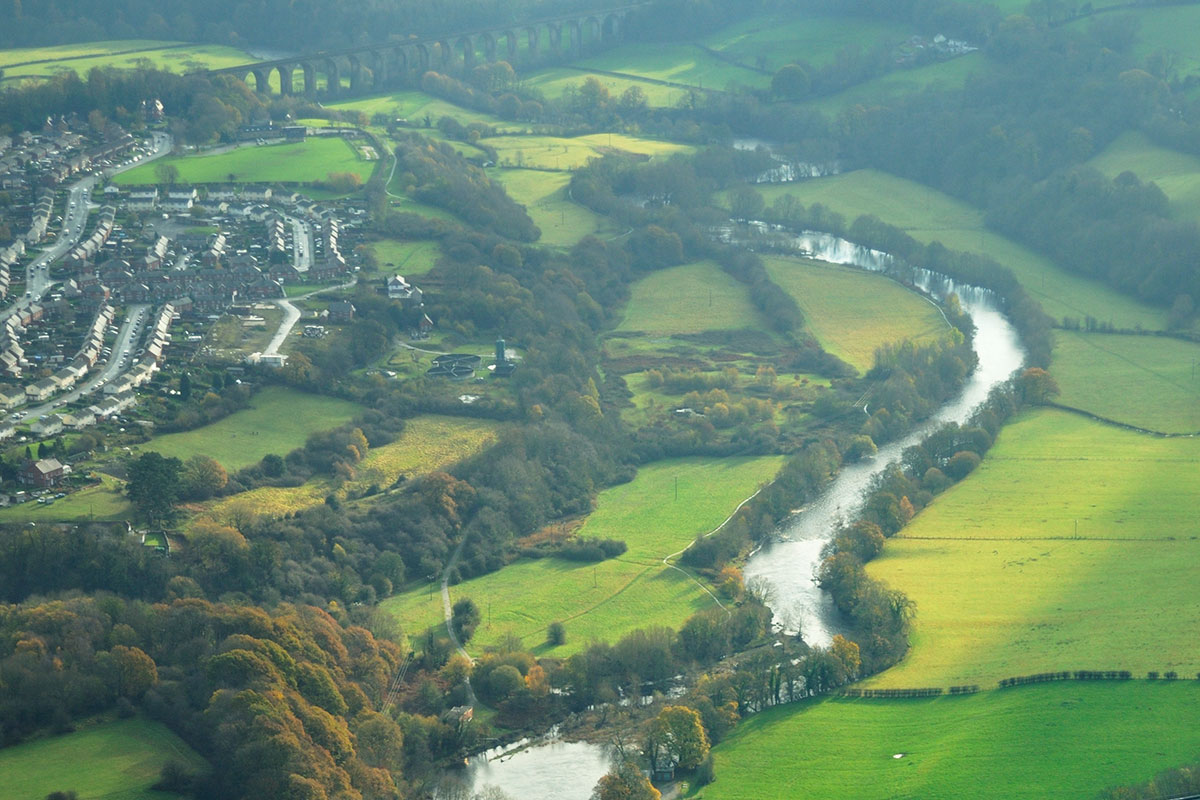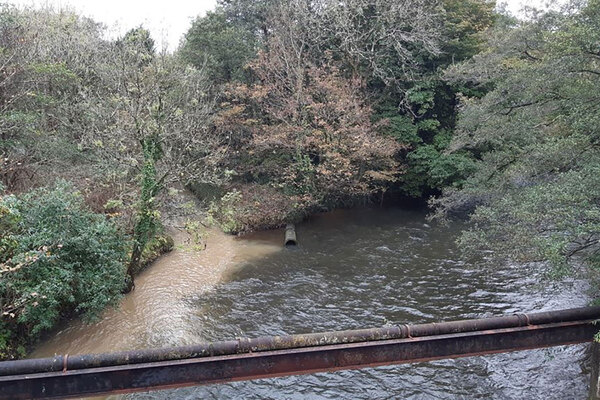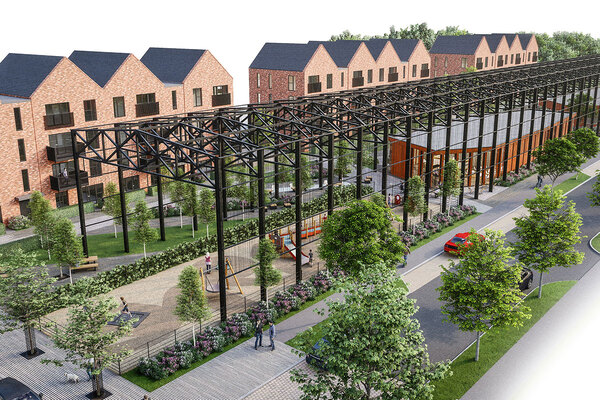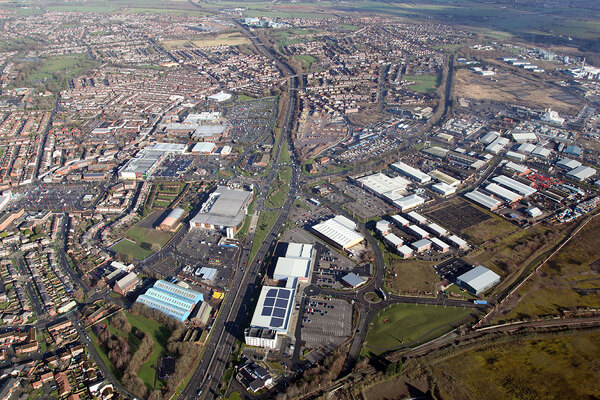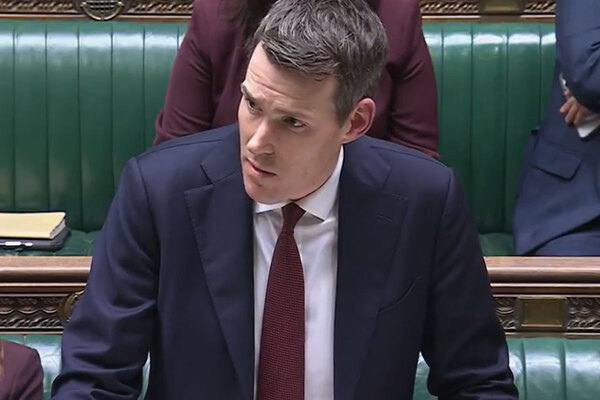You are viewing 1 of your 1 free articles
Phosphates pollution in Wales leaves 28 affordable housing sites at a standstill
Dozens of development schemes in Wales are at a standstill due to the rates of phosphate levels in rivers.
The latest figures collected by Community Housing Cymru (CHC) show that nine Welsh housing associations have been negatively impacted by the phosphates issue.
Eight of these revealed that 28 schemes, with a total of 1,046 affordable homes, were at a standstill at the time the data was collated at the end of May.
In January 2020, Natural Resources Wales (NRW) set stricter targets for phosphate levels for all rivers that are Special Areas of Conservation (SAC) across Wales.
Phosphates are nutrients that occur naturally in low levels and are necessary for the healthy functioning of rivers.
But if found in high levels, phosphates can be damaging to wildlife as they lead to a growth in algae, which can restrict oxygen levels in the water.
As a result of the measures brought in by NRW, CHC said some landlords have stopped considering sites in affected areas, which will impact the pipeline of affordable homes and development in these areas.
One Welsh association told Inside Housing that they have close to 400 new homes on three major sites which cannot currently progress to planning because the phosphates issue is preventing planners from approving new development.
Laura Courtney, head of policy and external affairs at CHC, said: “More than ever, the people of Wales need high-quality, safe and affordable homes. If we are going to address the Welsh housing crisis, we need to build more social homes across the whole country.
“Delays to development in the areas affected by this issue impacts not only those that are in need of social housing, but the communities that housing associations work hard to support. This is why we have been pushing for short and long-term solutions that protect the environment, while allowing houses to be built.”
In response, NRW said its monitoring of the health of Wales’ rivers last year found that over 60% of Wales’ SAC rivers are failing against their phosphate target.
Rhian Jardine, head of planning development and marine services at NRW, said: “Phosphate can cause significant ecological damage to rivers and can lead to the process of eutrophication in rivers, a highly problematic issue.
“Planning authorities by law need to be satisfied that any new development proposals they grant will not result in damage to a SAC. This is not a new requirement, but the evidence focuses attention particularly on the need to consider sources of phosphate in the affected catchments.”
Ms Jardine said addressing the phosphates issue needs partners from across a wide range of sectors and government, including house builders.
She added: “The issues are very complex and we recognise the challenges faced by the development sector in progressing projects. We are working with partners to make sure we provide the very best advice, including information about how to assess whether development proposals and local development plans may lead to increases in phosphorus discharges.”
Sign up for our Wales newsletter
New to Inside Housing? Click here to register and receive our Wales round-up straight to your inbox
Already have an account? Click here to manage your newsletters
